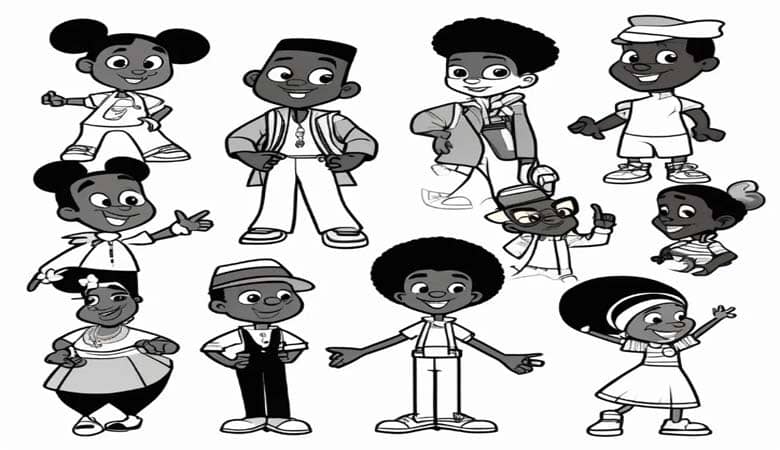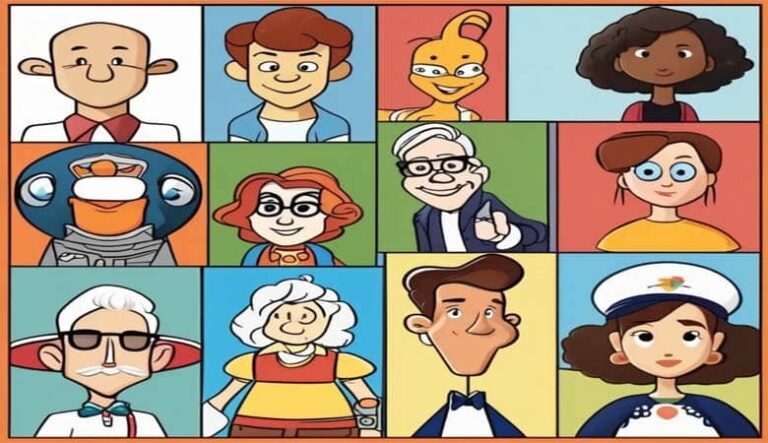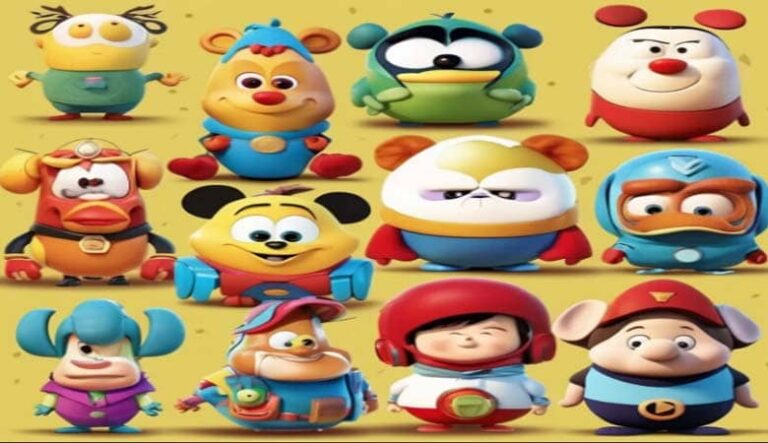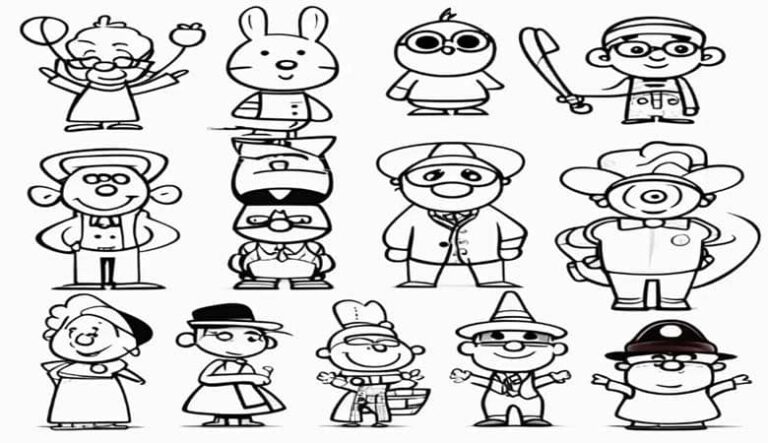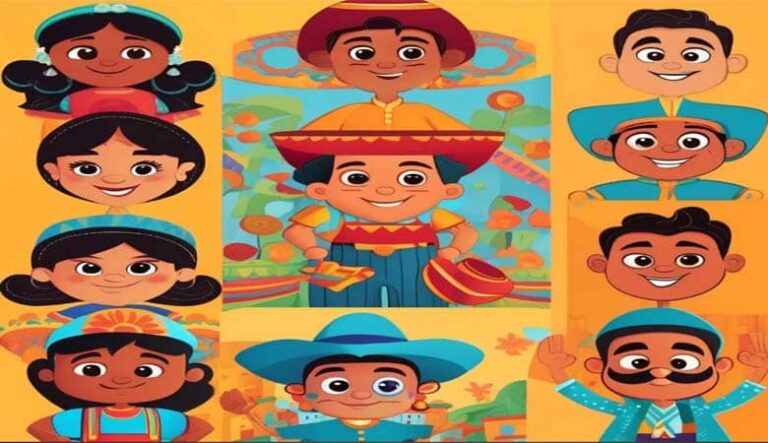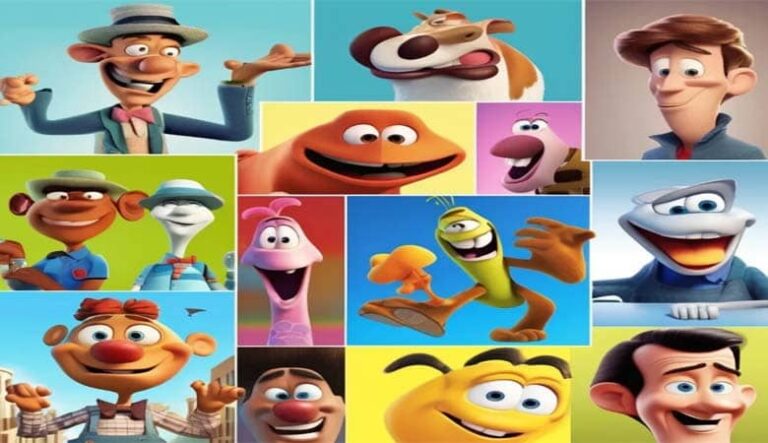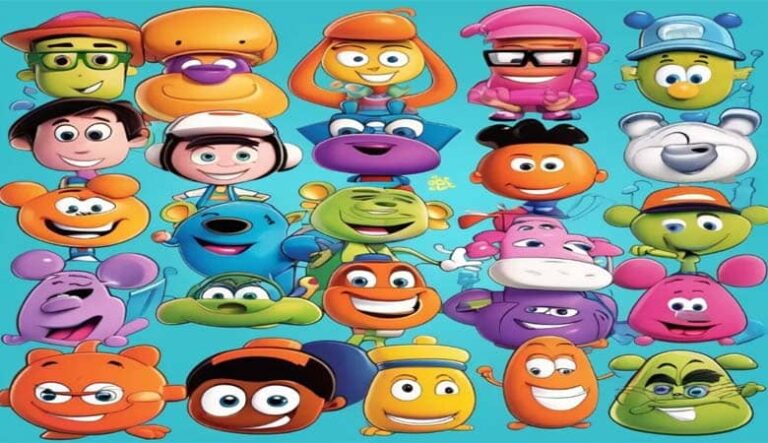Cartoons have been an integral part of childhood for decades, bringing joy and laughter to audiences of all ages. Over the years, many characters have left an unforgettable impact, and some of the most iconic ones represent Black culture. These characters not only entertained but also helped bring diversity to the world of animation, showing that cartoons could reflect the rich diversity of the real world.
In this article, we’ll explore 12 of the most memorable black cartoon characters of all time. Whether they’re superheroes, everyday kids, or wacky sidekicks, these characters have paved the way for better representation in animation. Let’s take a look at their stories and how they’ve influenced pop culture!
Table of Contents
1. Huey Freeman – The Boondocks
One of the most influential Black cartoon characters, Huey Freeman from The Boondocks represents intelligence and activism. Created by Aaron McGruder, Huey is a 10-year-old revolutionary with a deep understanding of societal issues. His sharp commentary on race, politics, and culture made The Boondocks a powerful show that challenged traditional ideas and stereotypes. Huey’s character remains a voice for many young Black viewers who feel unheard in mainstream media.
2. Cleveland Brown – Family Guy / The Cleveland Show
Cleveland Brown is one of the beloved characters in the Family Guy universe. As a kind and sometimes quirky character, Cleveland brings a lot of warmth and humor to the show. Eventually, Cleveland got his own spin-off series, The Cleveland Show, which further developed his character. His deep voice and easygoing nature have made him a favorite, showing that Black characters can be just as lovable and complex as any other.
3. Doc McStuffins – Doc McStuffins
As one of the most popular children’s characters in recent years, Doc McStuffins is a role model for young Black viewers. Doc is a young African-American girl who is a doctor to her stuffed animals. With her caring attitude and smart medical skills, Doc teaches children the importance of empathy and problem-solving. Her show is groundbreaking in representing a Black female lead in a positive and empowering way.
4. Frylock – Aqua Teen Hunger Force
Frylock, a floating box of fries with an eye and a deep voice, is one of the main characters in the surreal animated show Aqua Teen Hunger Force. Despite being a supernatural being, Frylock’s wisdom and logical thinking help him manage the chaos around him. Though the show is known for its absurdity, Frylock stands out as one of the few Black characters in this genre of humor, offering a unique blend of comedy and intelligence.
5. Mabel King – What’s Happening!!
Mabel King’s character in What’s Happening!! isn’t your typical animated figure, but her role as a mother in a sitcom gave her a significant influence on Black television. In the 1970s, the show introduced several Black characters in a family setting, and Mabel King was the strong-willed matriarch. While she wasn’t in an animated series, her role in What’s Happening!! paved the way for more animated Black families, much like we see in later shows like The Proud Family.
6. The Proud Family – The Proud Family
Penny Proud and her family made history with the popular animated show The Proud Family. Penny, an African-American teen, goes through the ups and downs of adolescence while being supported by her quirky yet loving family. The show represented many aspects of Black culture and family dynamics, including the importance of community and love. With a diverse cast and a fresh perspective on Black life, The Proud Family helped normalize Black characters in animated series.
7. Black Panther – Marvel Comics / The Avengers: Earth’s Mightiest Heroes
Though Black Panther originated in Marvel comics, the animated series The Avengers: Earth’s Mightiest Heroes brought this superhero to a whole new generation. T’Challa, the Black Panther, is a prince of the fictional African nation of Wakanda and possesses incredible strength, agility, and intellect. As one of the first Black superheroes, Black Panther has become a powerful symbol of pride and leadership in the superhero world.
8. Benita Butrell – The Boondocks
Another unforgettable character from The Boondocks is Benita Butrell, who is the epitome of over-the-top drama. She brings humor and a bit of satirical energy to the show, as she parodies the overly dramatic, judgmental stereotypes that often exist around Black women. Benita’s humorous moments contribute to the show’s overall message of challenging societal norms.
9. Oscar Proud – The Proud Family
Oscar Proud, Penny’s father in The Proud Family, is a funny and loveable character. He’s often portrayed as over-the-top, sometimes embarrassing, but he clearly loves his family. His character shows that Black fathers can be loving and present in their children’s lives, a theme that is sometimes underrepresented in mainstream media. Oscar adds both comic relief and heartfelt moments to the show.
10. Storm – X-Men: The Animated Series
Storm, also known as Ororo Munroe, is one of the most iconic Black superheroes of all time. In X-Men: The Animated Series, Storm is a powerful mutant with the ability to control the weather. As a strong, smart, and confident character, Storm became a role model for young Black viewers. She also broke barriers as one of the first Black female superheroes in animation, leading the X-Men team with her fierce leadership.
11. Bugs Bunny (as a Black character) – The Bugs Bunny Show
Although Bugs Bunny is typically depicted as a white character, in the animated special The Bugs Bunny Show, Bugs briefly assumed a Black persona. This was part of a larger effort by the show to represent diversity and bring new perspectives to their usual cast. Bugs’ antics and clever problem-solving approach remain timeless, but this special segment is a notable moment in animated history.
12. Shaun the Sheep – Shaun the Sheep
While not an African-American character per se, Shaun from Shaun the Sheep represents an inclusion of diverse animated characters in the medium. Shaun’s character adds to the growing trend of animation promoting inclusivity and representation, even when the characters themselves are not explicitly identified by race.
Conclusion
These black cartoon characters have not only entertained audiences for years but have also made an impact on how animated series portray race, culture, and diversity. From superhero roles like Black Panther to the family dynamics seen in The Proud Family, these characters provide representation, giving viewers a chance to see themselves on screen. Whether they’re fighting villains, navigating growing pains, or simply enjoying their lives, these characters have shaped how Black individuals are seen in the world of animation.

